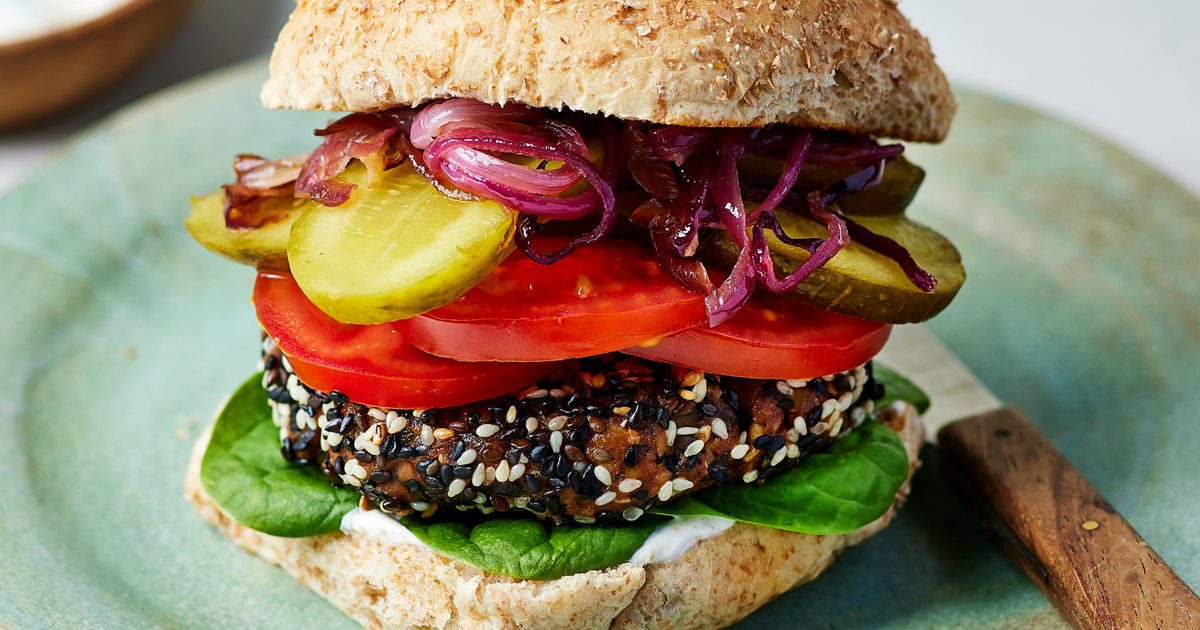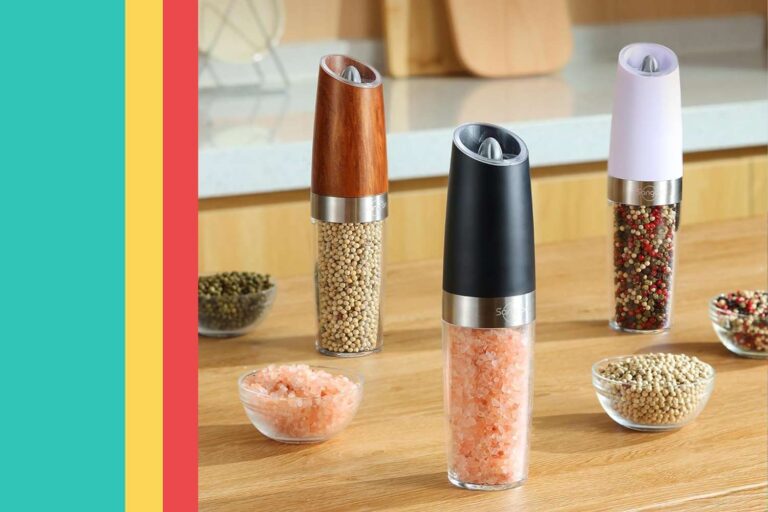What to eat in menopause
Calcium -rich foods
Milk and leaf green such as kale, spinach, broccoli and Pak Choi are excellent sources for calcium and vitamin K, which are essential for bone health. A reasonable absorption of these nutrients and vitamin D can help reduce the risk of osteoporosis after menopause.
Greasy fish
Salmon, mackerel and sardines are rich in omega-3 fatty acids that have been shown that they support mood, cognitive function and cardiovascular health during menopause.
Whole grain
Oats, brown rice, barley and quinoa deliver fiber and B vitamins. You can help with weight management and risk of cardiovascular diseases in women after menopause. The fiber found in full buyers supports our intestinal microbes, which can play a role in using their body, and they also influence their estrogen levels.
Nuts and seeds
Flax, chia and sesame seeds are high in lignanes that turn their body into phytoestrogens. You can help with symptoms and are high in omega-3 fatty acids.
To limit food
Ultra-processed food
Pastries, packaged snacks and on -call meals are often high in sugar, salt and unhealthy fats. Regular consumption was associated with poorer symptoms of menopause and an increased risk of chronic health problems. Try to cook as often as possible from scratch.
caffeine
Caffeine can trigger hot flushes and make sleep worse. Try decaffeinated drinks or mint tea, which can also be helpful for flatulence and digestion.
What else can I do?
Exercise
In particular, weight halls, strength training and aerobic exercise are important to protect bone health, support the cardiovascular function, improve the mood and reduce hot flashes. Strive for at least 150 minutes (moderate intensity) or 75 minutes (high intensity) per week. Integrate at least two strength training exercises such as strength training, Pilates or the use of resistance tapes.
Prioritize sleep
Hormonal changes can disturb sleep. Strive for seven nine hours of sleep a night. Create a quiet evening routine and reduce caffeine after lunch.
Stress management
High voltage hormones can worsen the symptoms of menopause such as irritability and brain fog. It was shown that mindfulness and relaxation techniques such as yoga or meditation help reduce the menopausal symptoms and improve emotional well-being. Try to involve small bags of mindfulness or gratitude in your day.
Discover more healthy nutritional content …
So you store your kitchen to relieve the symptoms of menopause
Eat well for … bone health
The BBC Good Food Podcast – Menopause and Diet
Not just for fitness broses: Why women also have to eat more protein (and how to get it)
How to get the best out of nutritional supplements
Dr. Chintal Patel is a longstanding GP for the NHS and a creator, cookbook author and our latest regular employees. She has a passion for nutritional and lifestyle medicine and wants to help people approach cooking and eating in a way that supports general well-being. @Drchintalskitchen
All health content on goodfood.com is only provided for general information and should not be treated as a replacement for the medical advice of your own doctor or another medical specialist. If you have concerns about your general health, you should contact your local health service provider. For more information, see our website conditions.







